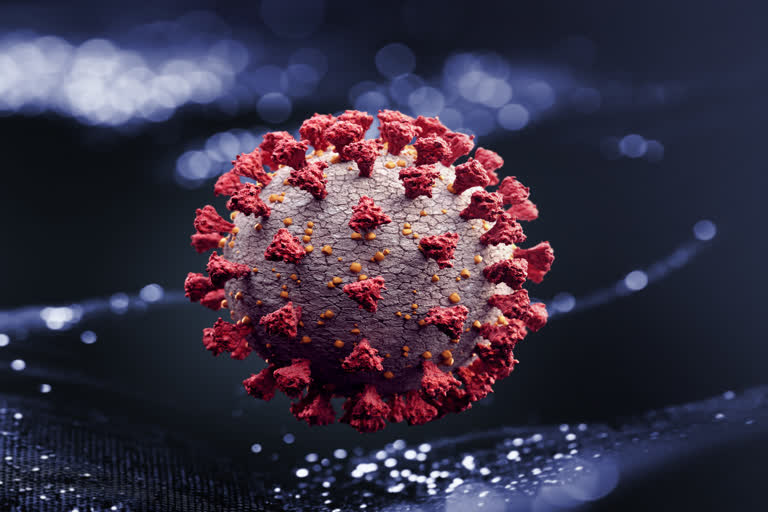A study conducted by the Transfusion Medicine Department of King George's Medical University (KGMU) has found that the antibodies are depleting at a faster rate among the COVID-19 survivors above 50 years of age. The study further found that survivors in all the age groups, who were symptomatic for just one day, had stronger and more lasting antibodies in comparison to those who were symptomatic for more than a day.
These are the two interesting results thrown up for further research on 800 COVID-19 survivors who came for plasma donation after recovering from the disease. The results of the study also revealed that antibodies were not only insufficient numbers but also strong when the plasma was donated within 12-53 days post-recovery.
Plasma Donation
According to the head of the Transfusion Medicine, Prof Tulika Chandra, the department conducted the study during the course of collecting plasma from COVID-19 patients, post-recovery, for the blood and plasma bank. Of 800 plasma donors, 400 were not found suitable for donation. While 50 of them were anemic or underweight or HIV positive and had other complications, 70 had contact history but never tested positive through the RT-PCR method. About 53 were found unfit because they had come after the lapse of the three-month post-recovery period prescribed for donation.
Threat Of Re-Infection
However, the remaining 227 donors out of 400 'unfit' donors were such who fulfilled all the criteria, they had confirmed positive, post-recovery period below three months and had no other disqualification but their plasma was not taken because antibodies were either not present or were in insufficient quantity. A majority of such donors, both male, and females, were above 50 years of age. We do not know yet whether antibodies were not formed at all or only short-acting antibodies were formed in these cases, but the result suggests that the threat of re-infection might be higher in people above 50 years.
Quality and Quantity Of Antibodies
Further, the study revealed that the 'quality and quantity' of antibodies among the 400 fit donors was better in COVID-19 survivors who were symptomatic for a day in comparison to those who had symptoms for more days. Prof. Chandra said these findings need further research to explain the phenomenon responsible for it and reach any conclusion. Besides, the study also found that antibodies in the plasma were both 'efficient and sufficient' in the fit donors who had come for donation within 12 to 53 days after recovering from the disease.



